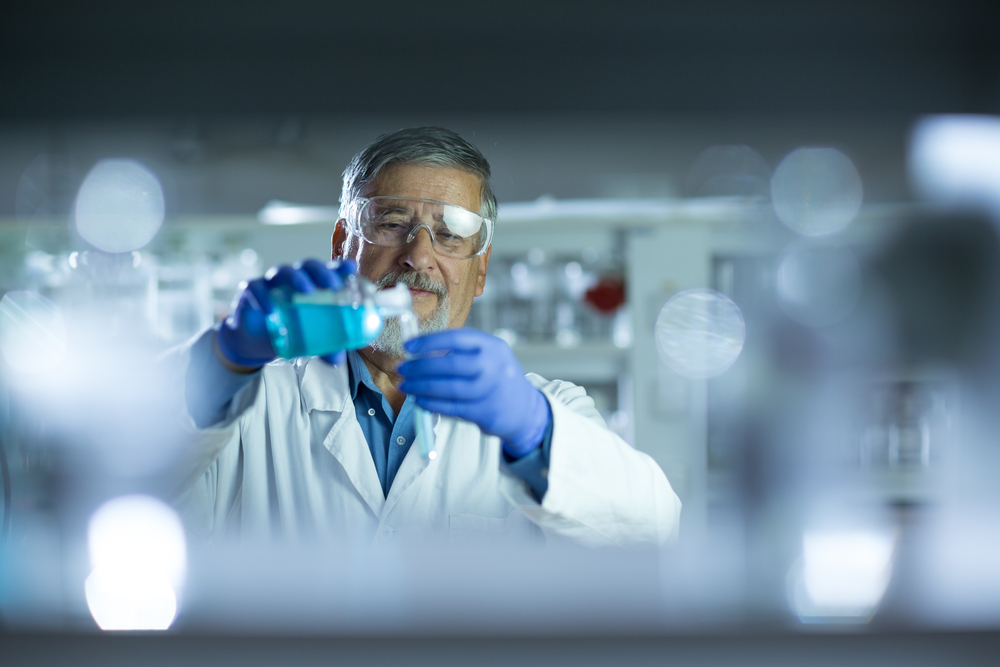Oregon Scientist Played Key Role in Developing PAH Treatment That Complexa Will Test in Phase 2 Trials
Written by |

A University of Oregon researcher played a key role in the early work that led to Complexa’s pulmonary hypertension therapy CXA-10 going to clinical trials.
The treatment is designed to prevent inflammation and lung scarring. It will be investigated in two clinical trials as a non-steroid alternative for treating pulmonary arterial hypertension (PAH) and the kidney disease focal segmental glomerulosclerosis. The Phase 2 trial for PAH will start early next year.
Bruce Branchaud, a professor emeritus in the university’s Department of Chemistry and Biochemistry, and five colleagues started looking into the actions of molecules called endogenous nitrated fatty acids in 2004. At the time, scientists were not aware of the role that the recently discovered type of fatty acids — or fat components — played in the body.
“These molecules are derivatives or metabolites of fatty acids in our bodies,” Branchaud said in a news release. “Some fatty acids are bad. Some are actually very good. So when you look at a new class of fatty acids, you have to ask if they are useful or are they possibly toxic byproducts produced from fatty acids? I got involved with figuring out the chemical mechanisms of how they work.”
Under the lead of Bruce Freeman — then a professor at the University of Alabama in Birmingham — the team figured out that the molecules, in fact, behaved in a similar fashion to hormones, regulating important information between cells.
“They are a new class of biomedically significant compounds,” Branchaud said. “Learning that opened up a whole story on what they do and how they might be useful.”
The research prompted Freeman, who is now at the University of Pittsburgh, and Margaret Tarpay to found Complexa in 2008.
Since then, the company has run several Phase 1 clinical trials in healthy volunteers. They looked at whether the therapy’s actions at the molecular and cellular levels, which researchers saw in their preclinical-trial research, could be translated to humans. The trials also evaluated CXA-10’s safety.
In July, Complexa announced that it had obtained $62 million in additional financing to conduct additional clinical trials of CXA-10 in PAH and kidney disease patients.
Innovation Partnership Services has been helping University of Oregon scientists turn their findings into a commercial product. Chuck Williams, the company’s associate vice president for innovation, said Branchaud’s contribution to the drug’s development “is a typical story of good basic research generating discoveries that are potentially impactful.”
Branchaud is now a member of Complexa’s science advisory board.



